Reviewed by Sahil Chopra MD and Stacey Gunn MD.
Research by Savit Malhotra.
This article marks the fourth installment of our insomnia series. In the previous article, we talked about Ambien and whether or not that sleep drug was safe. In this week’s article, we’ll continue talking about medications, but we will focus specifically on Trazodone.
Introduction
Unlike Ambien, trazodone isn’t a dedicated “sleep drug” but more so an antidepressant (a medication that works by increasing certain neurotransmitters like serotonin) that can be used to treat insomnia. Interestingly enough, trazodone tends to be one of the most commonly prescribed medications for insomnia.[1] However, this has led to many questions regarding whether or not trazodone should be the first medication that providers prescribe. The American Academy of Sleep Medicine (AASM) guidelines even state, “We suggest that clinicians not use trazodone as a treatment for sleep onset or sleep maintenance insomnia (versus no treatment) in adults.”[2] This week, we’ll be breaking down trazodone and exploring its history, why it is one of the most commonly prescribed medications for insomnia, and why many professionals advise against it.
The History of Trazodone
After trazodone was first approved by the FDA in 1981, the medication received two new dosage forms, the first in 2010 (with the extended-release form) and the second in 2024 (with a new dose called the Raldesy solution).[3] In 2022, trazodone was ranked as the 18th most prescribed medication, with there being over 27 million total prescriptions.[4]
However, in 2023, the American Academy of Family Physicians published an article critiquing the medication for its usage in treating insomnia, writing “Trazodone should not be used to treat insomnia.”[5] As mentioned earlier, the AASM wrote a similar article much earlier in 2017. On the other hand, many independent companies have published articles advising that trazodone is safe to take for insomnia.[6][7] It is here that we start to see the differing views on the medication.
Uses for Trazodone
As mentioned earlier, trazodone is an antidepressant. Thus, its primary usage is to treat depression and anxiety, or some combination of the two. However, trazodone also tends to have a sedative effect (where brain activity is slowed down and a person feels relaxed or drowsy due to the decrease in brain activity). One of the key reasons for this is due to trazodone’s effects on histamine, a neurotransmitter in the brain. Trazodone blocks the histamine receptors in the brain, which leads to the drowsy side effect.[9] For this reason, it can be used for the treatment of insomnia (an off-label treatment).[8]
Use Cases and Efficacy
Now comes the important question: Is trazodone effective in treating insomnia? While some studies find that the medication is effective, others do not. For example, one meta-analysis published in Clinical Neuroscience found that when trazodone was prescribed in low doses, it was safe and effective in the treatment of insomnia. The study looked at 45 different studies, and of those 45, 43 showed that trazodone was effective in treating insomnia.[10]

Table 1 shows a summary of five of the studies that the meta-analysis reviewed. This table summarizes the studies and their results, as well as addressing any important notes such as negative effects from the medications. This table comes from the published paper. All rights belong to the original authors.
For example, the meta-analysis examined three studies that examined trazodone for the treatment of primary insomnia and found that the medication was effective in treating primary insomnia (specifically sleep maintenance) when 50mg was administered 30 minutes before sleep. However, the study also brought to attention the concern that trazodone could also possibly lead to cognitive and motor impairment. (Roth and colleagues) Another study found that when trazodone was administered in amounts of 50mg and slowly increased to 200mg for 16 patients, there was an improvement in sleep efficiency on Day 3. However, these findings did not hold true on Day 28. (Le Bon et al) This could indicate that trazodone is effective in the short-term management of insomnia, but not the long-term treatment.
However, as mentioned, two of the studies in the meta-analysis did not find that trazodone was effective in the treatment of insomnia. Of these two studies, one also analyzed patients who were taking methadone. These two studies make up only a very small proportion of the total cases, and the vast majority of the studies in the meta-analysis showed that those taking trazodone saw improvement in their symptoms.
Safety Precautions for Trazodone
When it comes to medications, there are always safety precautions that need to be considered, and trazodone is no exception. Trazodone has some side effects that are shared with many other medications, including blurry vision, unusual tiredness, dizziness (including when a person suddenly goes from lying to sitting to standing), confusion, sweating, and lightheadedness. Other, less common, side effects include, but are not limited to, burning in the skin (this could also present as a crawling, tingling, numbness, prickling, or itching sensation), fainting, decreased concentration, a lack of coordination, pounding in the ears, shortness of breath, skin rash, prolonged erections and abnormal heart rate.[12]
Moreover, the FDA label for trazodone hydrochloride lists that approximately 75% of patients experienced an adverse effect from the medication (this derives from the common adverse reactions listed, including 41% of patients experiencing drowsiness, 28% of patients experiencing dizziness/light-headedness, and 34% of patients experiencing dry mouth). [15,16,17] All of these adverse effects are significantly higher than placebo.
In addition to these FDA findings, a recent study was completed on the medication in order to gain more insights into the adverse effects experienced by those who were taking trazodone. The study found that of 5,199 adverse effects reports analyzed, about 14.2% of the reports came from the 50-60 age group, the highest of any group in the study.[18] This study also included 156 new potential adverse effects were also identified that were not previously reported.[18] For all of these reasons, it remains clear that those taking the medication should be well informed of the adverse effects and report them to their doctor if experienced. The FDA label does a good job of highlighting many of the adverse effects, but there are still many other possible adverse effects. Because trazodone works on many different neurotransmitters (serotonin, noradrenaline, dopamine, acetylcholine, and histamine), there is a wide variety of potential side effects.
Also, patients with certain medical conditions, including pregnancy, epilepsy, porphyria, pheochromocytoma, or certain heart issues, would want to take into account whether the medication would be appropriate for them.[13] Additionally, those taking this medication should not drink alcohol while taking it. Patients should not stop taking the medication before speaking with their doctor, as higher doses may require a taper.[14]
What Do We Recommend?
Everyone is different, and so is the treatment plan for their insomnia. We tend to be cautious when it comes to prescribing medications, and we like to explore alternatives to medications before we decide to prescribe something that carries harm. While some medications can be incredibly effective, this greater effectiveness comes with greater risk. Trazodone can be an appropriate treatment option in certain situations. As we mentioned, it is the most commonly prescribed sleep medication in the country, and that’s because it does tend to help people sleep and is generally considered to be safe and well tolerated. One of the greatest concerns that leads physicians to generally avoid it is that, for many people, it can cause them to face daytime sleepiness (like a “morning hangover” effect) even though it helps them sleep. If the medication prescribed to help someone sleep better comes at the expense of them feeling sleepy during the day, then we have not accomplished our goals.
Sometimes, a lower risk solution ends up working better than a higher risk one. Take cognitive behavior therapy for insomnia (CBT-I); this treatment aims to help a person work on behaviors that could be leading to their insomnia. The treatment may help a person work on relaxation techniques so that they can better fall asleep, or by targeting thoughts and feelings that are worsening their symptoms. CBT-I is an effective method of treating both short-term and long-term insomnia, and it poses very minimal risks to an individual.[19]
If trazodone does individually help you sleep without the “morning hangover” effect, then it may in fact be a reasonable choice. But in order to truly understand what it is that you need to combat your insomnia, we recommend that you schedule an appointment with a doctor to better understand why you can’t sleep at night. After identifying the cause of your insomnia, your doctor will be able to help you decide whether trazodone is an appropriate medication for treatment.
References:
"Should Trazodone Be First-Line Therapy for Insomnia? A Clinical Review." PubMed Central, 30 Apr. 2025, https://pmc.ncbi.nlm.nih.gov/articles/PMC10146758/.PMC
"Clinical Practice Guideline for the Pharmacologic Treatment of Chronic Insomnia in Adults." American Academy of Sleep Medicine, 30 Apr. 2025, https://aasm.org/resources/pdf/pharmacologictreatmentofinsomnia.pdf.AASM+2AASM+2Multiple Chronic Conditions+2
"Trazodone Monograph for Professionals." Drugs.com, 30 Apr. 2025, https://www.drugs.com/monograph/trazodone.html#faq.Drugs.com
"The Top 300 Drugs of 2022." ClinCalc DrugStats Database, 30 Apr. 2025, https://clincalc.com/DrugStats/Top300Drugs.aspx.ClinCalc+2ClinCalc+2ClinCalc+2
"Insomnia: Pharmacologic Therapy." American Family Physician, 30 Apr. 2025, https://www.aafp.org/pubs/afp/issues/2023/0200/fpin-ci-trazodone-insomnia.html.AAFP
"Trazodone for Sleep: Side Effects, Dosages and Benefits." Medical News Today, 30 Apr. 2025, https://www.medicalnewstoday.com/articles/trazodone-for-sleep#does-it-help-with-sleep.Medical News Today
"Can I Take Trazodone to Improve My Sleep?" GoodRx, 30 Apr. 2025, https://www.goodrx.com/trazodone/trazodone-for-sleep.GoodRx
"Trazodone for Insomnia: A Systematic Review." PubMed Central, 30 Apr. 2025, https://pmc.ncbi.nlm.nih.gov/articles/PMC5842888/.PMC
"Trazodone." StatPearls - NCBI Bookshelf, 30 Apr. 2025, https://www.ncbi.nlm.nih.gov/books/NBK470560/.NCBI+1NCBI+1
"Trazodone (Oral Route) Description." Mayo Clinic, 30 Apr. 2025, https://www.mayoclinic.org/drugs-supplements/trazodone-oral-route/description/drg-20061280.
"Trazodone Hydrochloride Tablet." DailyMed, 30 Apr. 2025, https://dailymed.nlm.nih.gov/dailymed/drugInfo.cfm?setid=d42fd0c8-3673-4f18-a6c0-cd276bbf9fef.DailyMed
"Trazodone Hydrochloride Tablet, Film Coated." DailyMed, 30 Apr. 2025, https://dailymed.nlm.nih.gov/dailymed/drugInfo.cfm?setid=9426f88d-2f3f-4dc9-ba17-f4bc0be91963.DailyMed
"RALDESY TM - Trazodone Hydrochloride Oral Solution." DailyMed, 30 Apr. 2025, https://dailymed.nlm.nih.gov/dailymed/drugInfo.cfm?setid=34708cc1-b0b2-4fd0-b9f3-7f008b457fc9.DailyMed+1NCTR CRS+1
"Trazodone." PubMed, 30 Apr. 2025, https://pubmed.ncbi.nlm.nih.gov/39948419.
"Who Can and Cannot Take Trazodone." NHS, 30 Apr. 2025, https://www.nhs.uk/medicines/trazodone/who-can-and-cannot-take-trazodone/.
"Trazodone." Drugs.com, 30 Apr. 2025, https://www.drugs.com/trazodone.html.
"Cognitive Behavioral Therapy for Insomnia." Sleep Foundation, 30 Apr. 2025, https://www.sleepfoundation.org/insomnia/treatment/cognitive-behavioral-therapy-insomnia.
Tankilevitch, Polina. "Person Taking Pill." Pexels, 30 Apr. 2025, https://www.pexels.com/photo/person-taking-pill-3873209/.



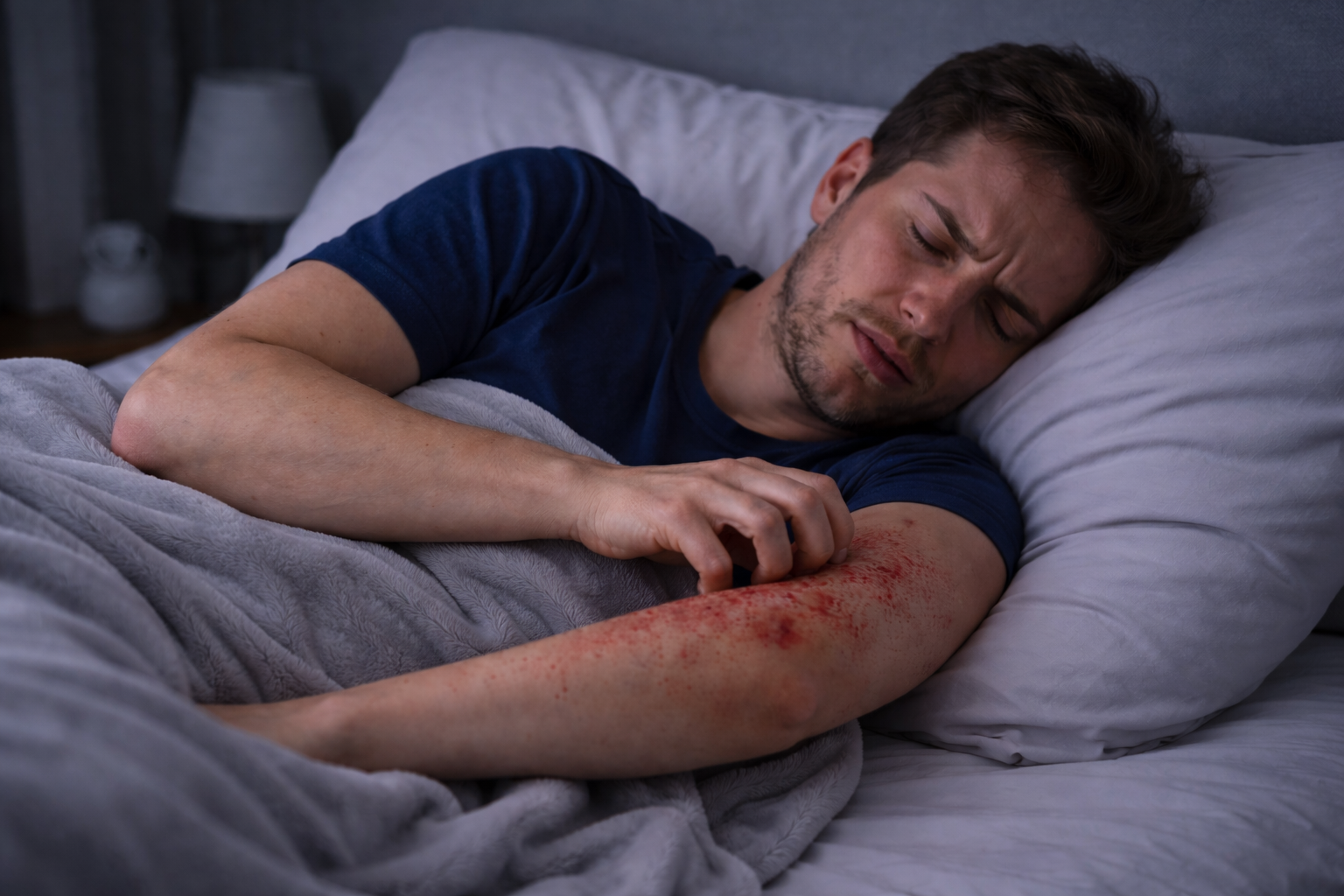

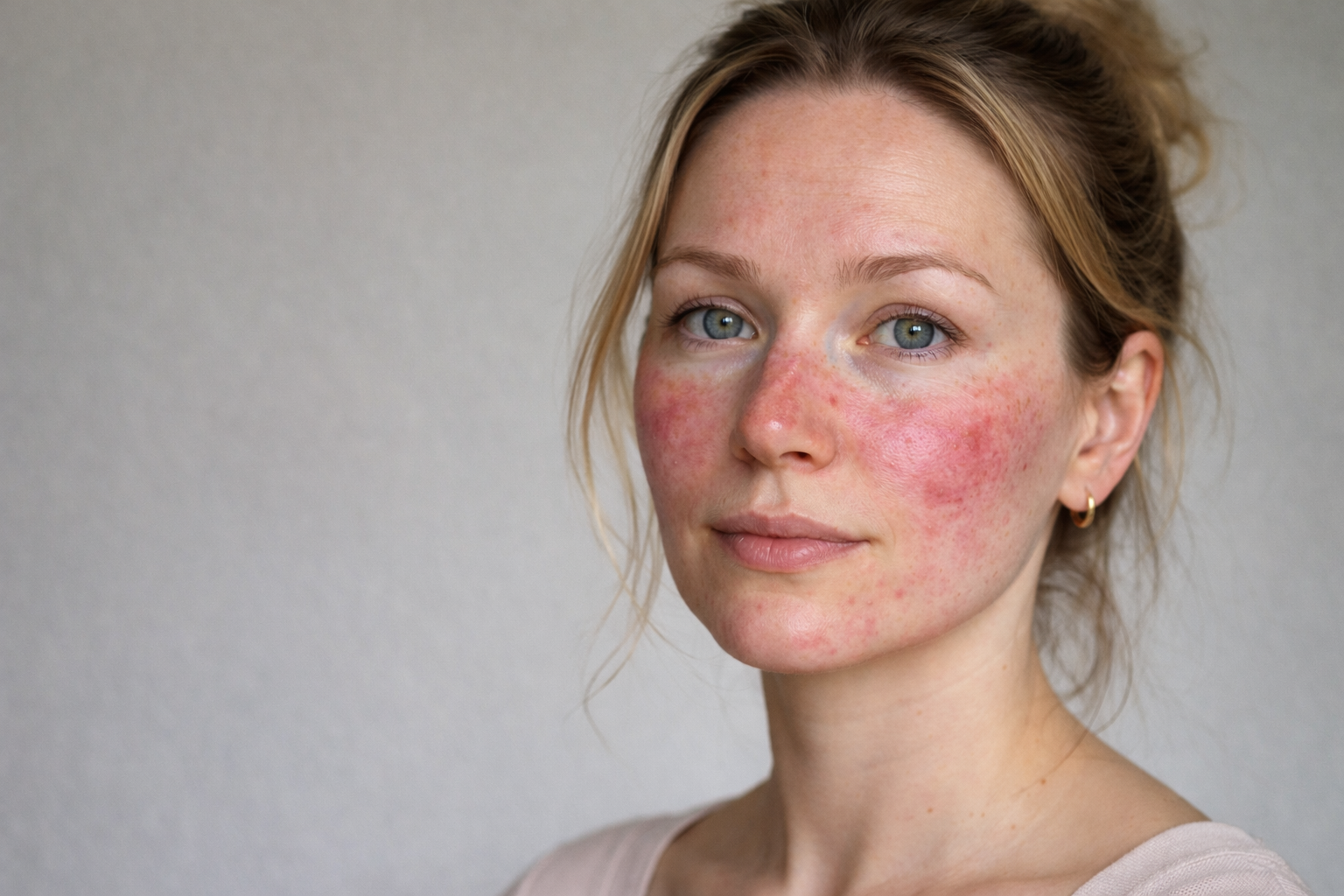

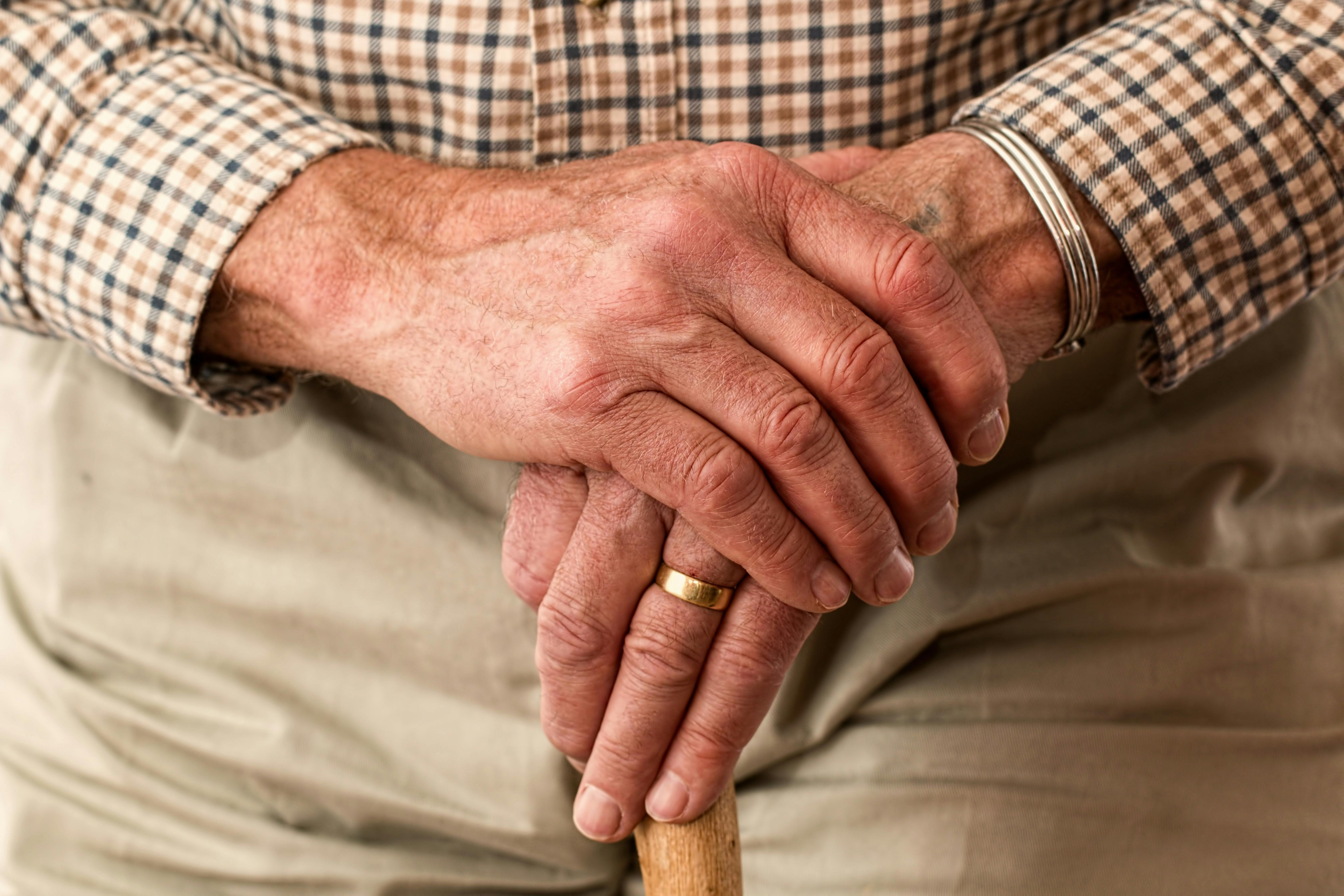
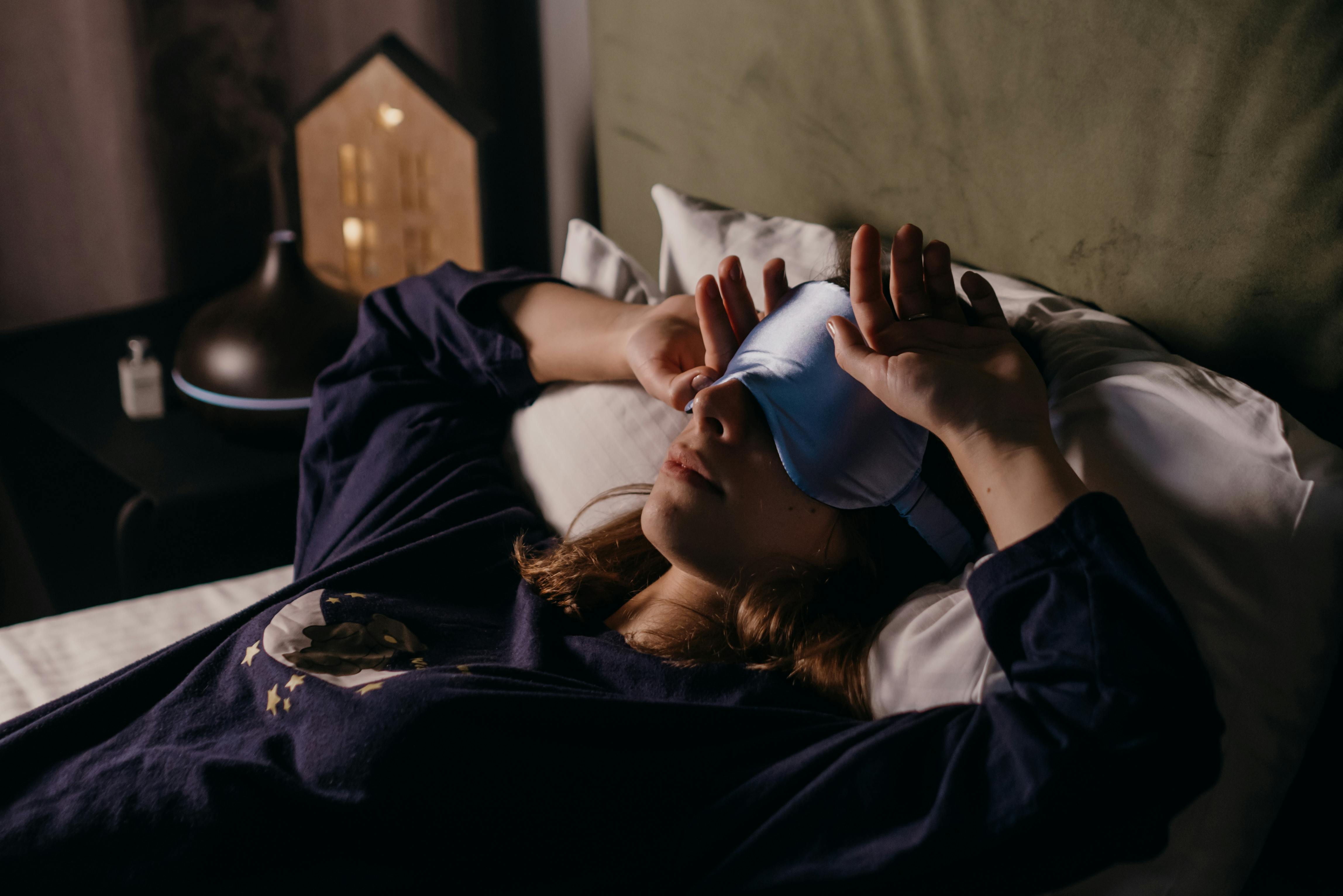

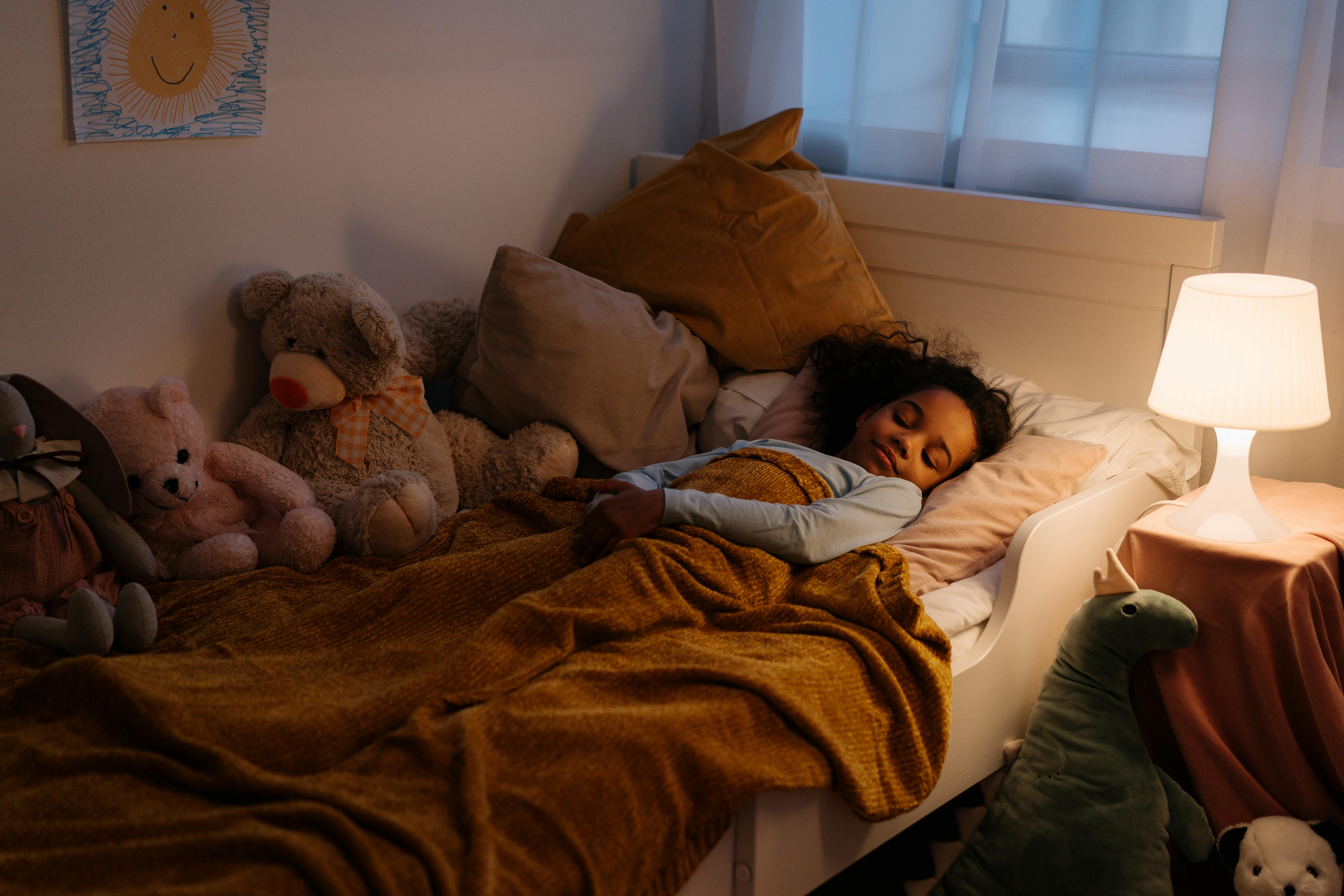


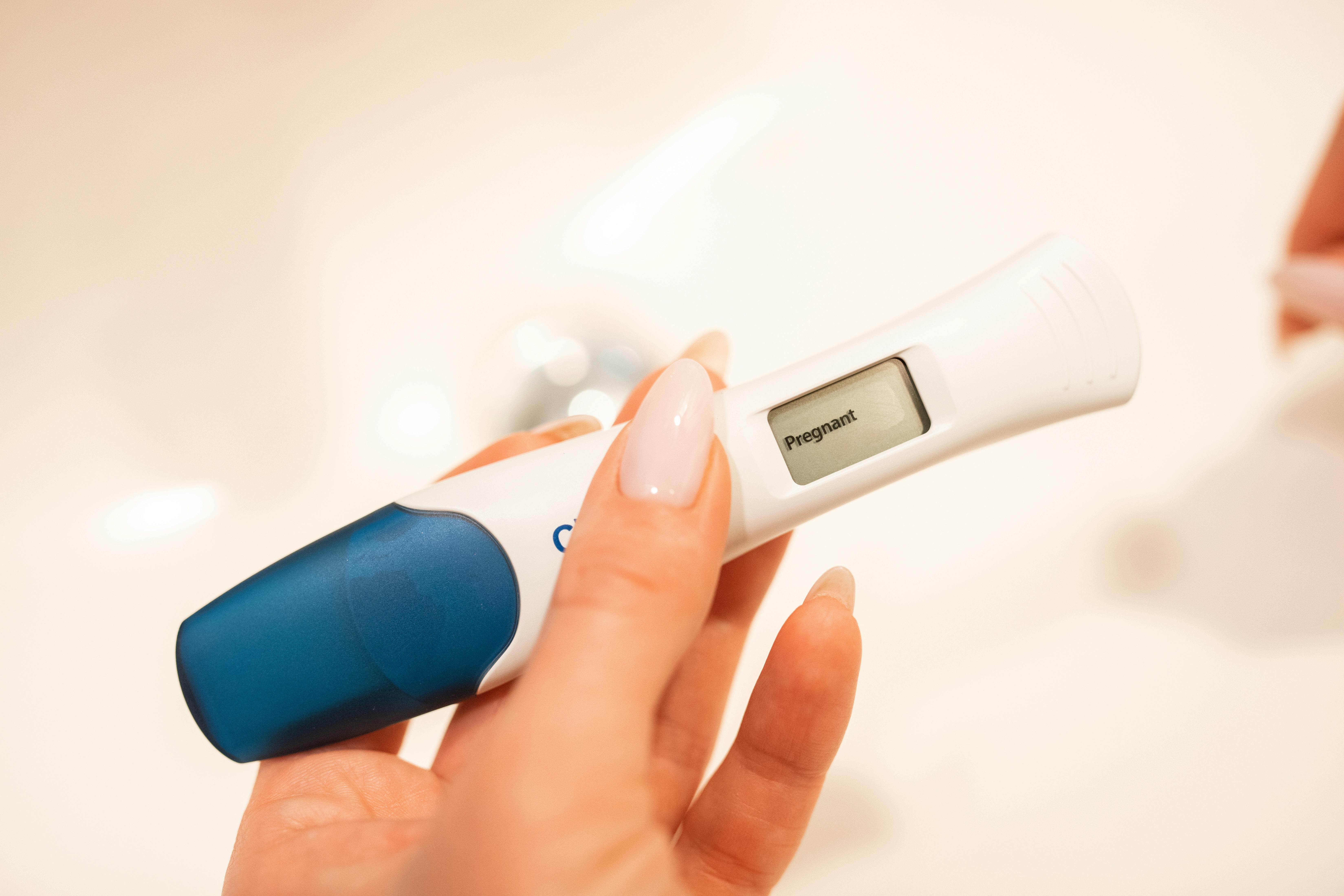





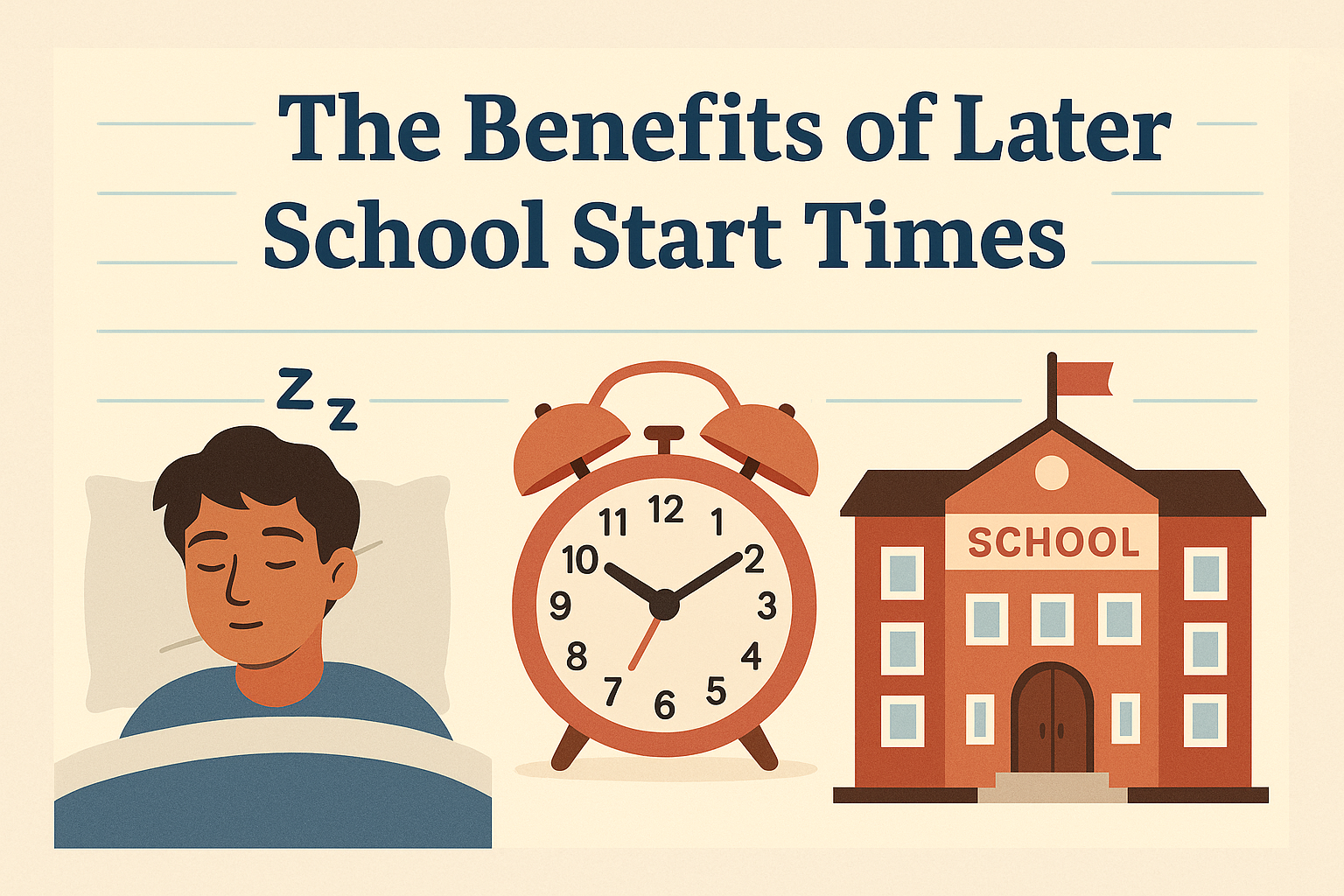

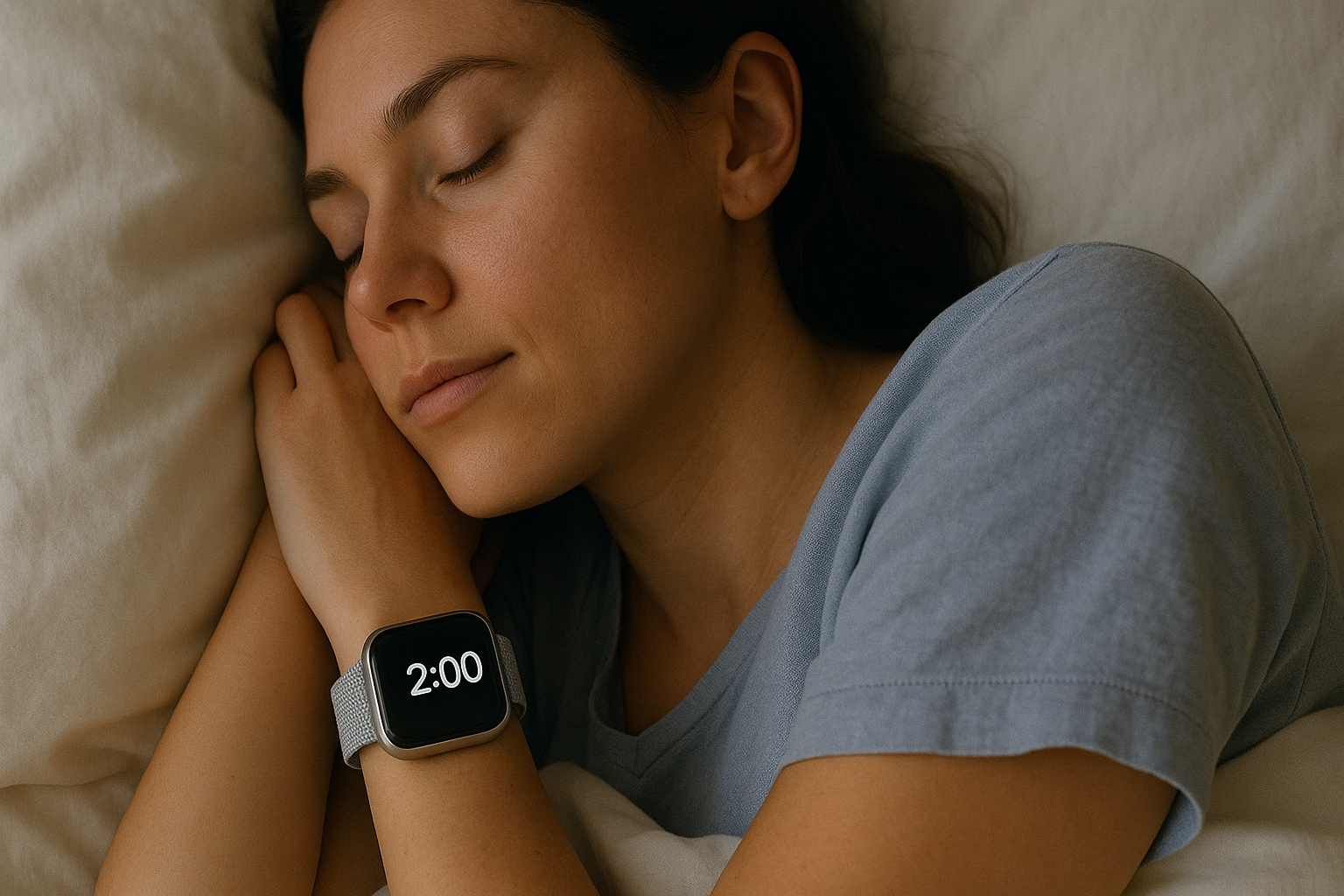


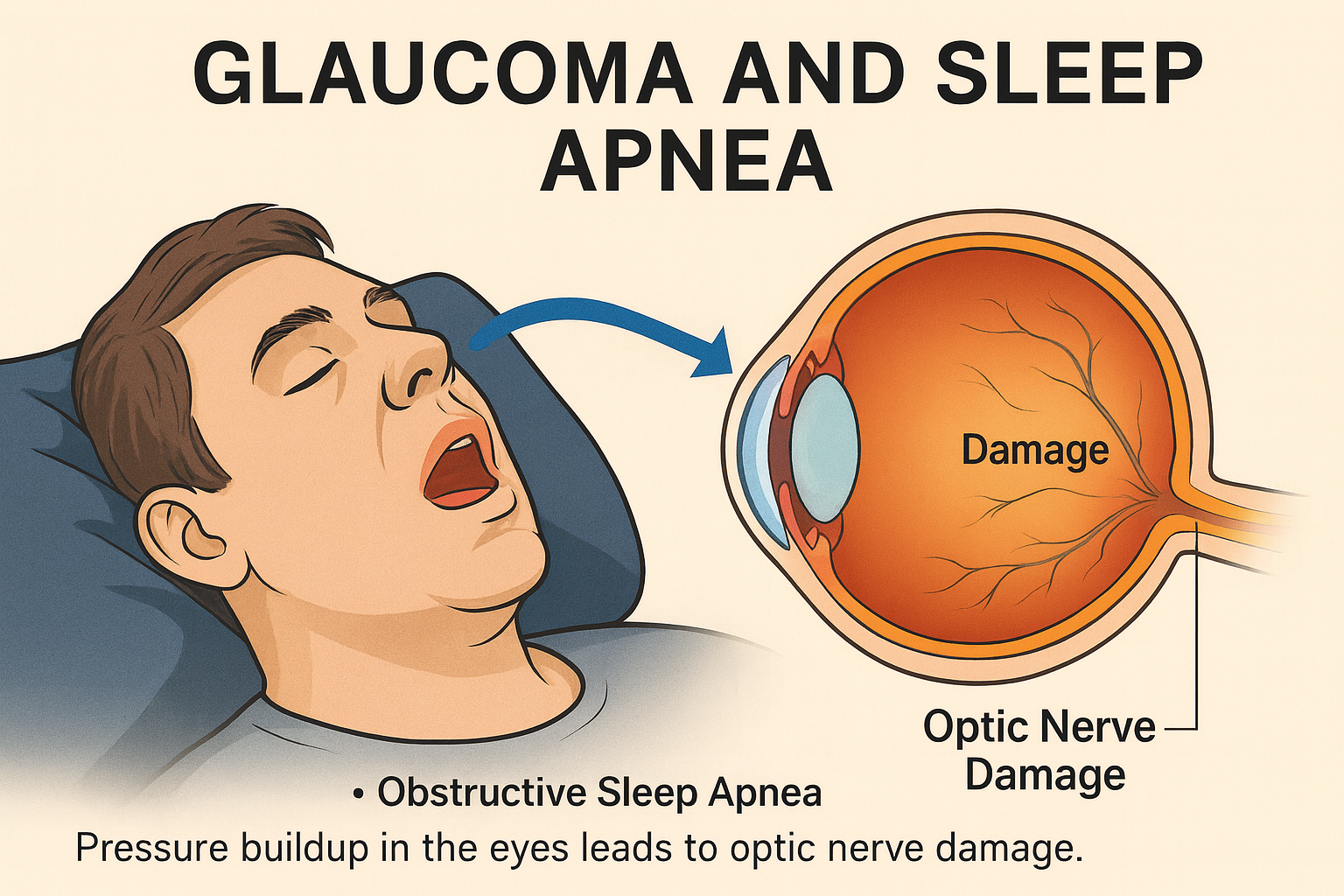
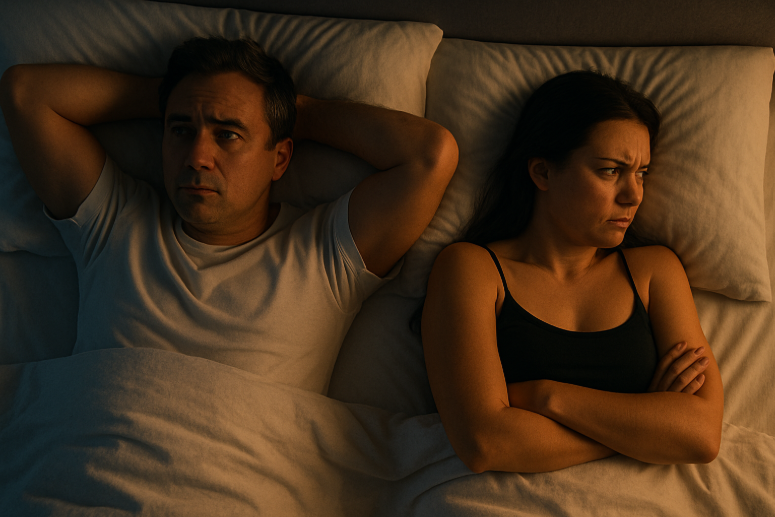
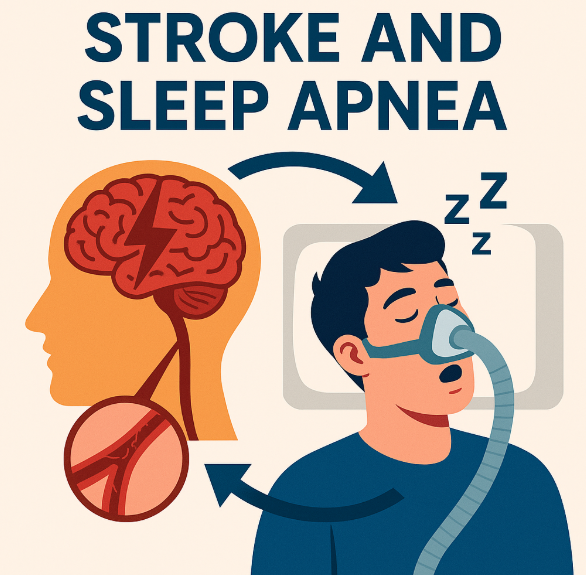
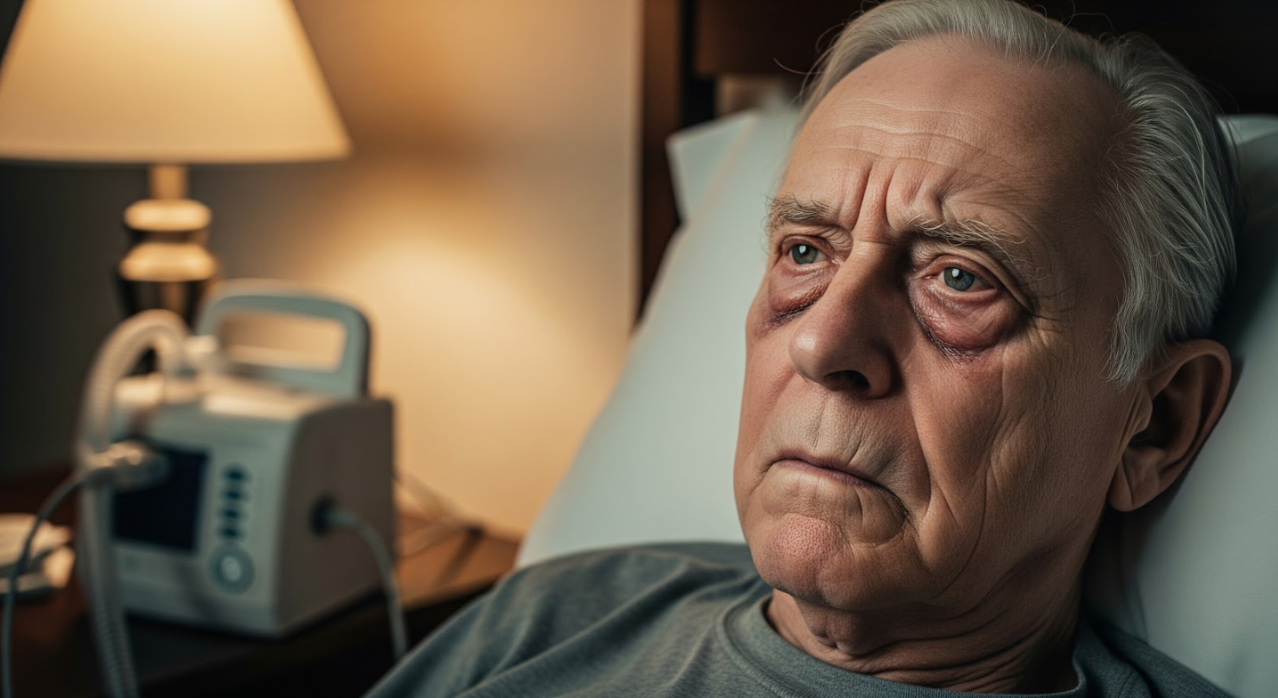
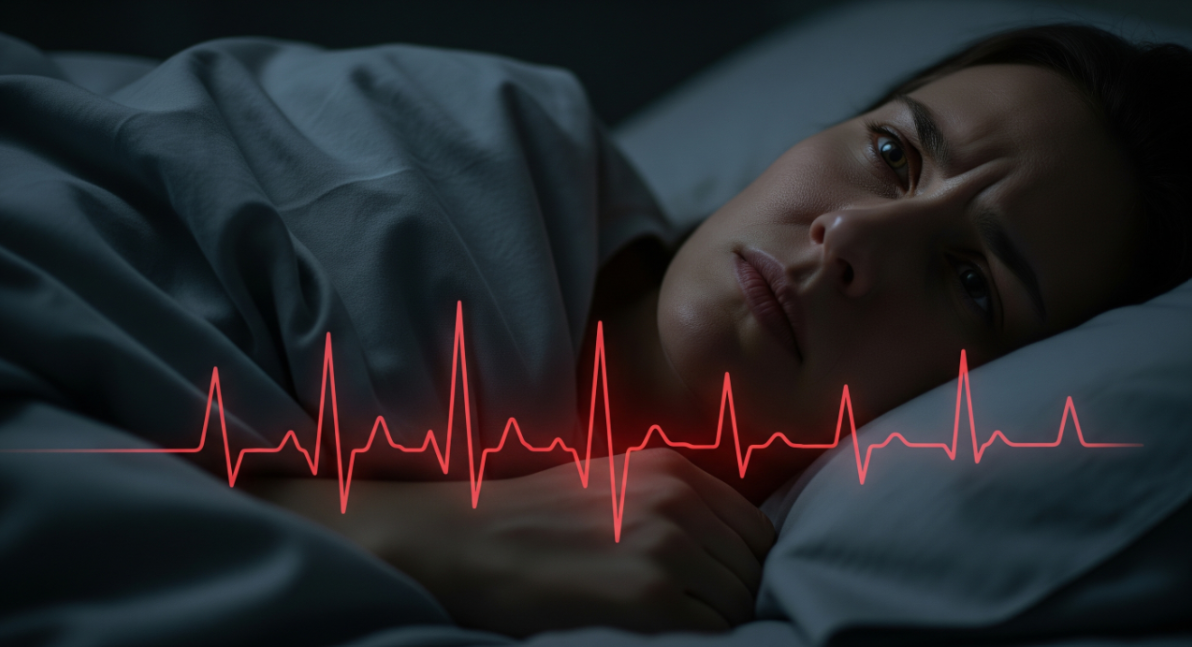
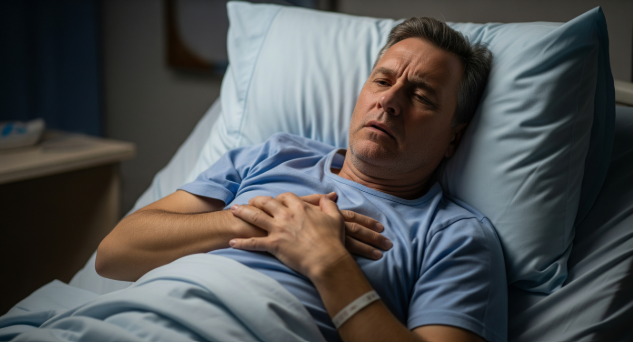




























































%20thumbnail.jpg)
.png)